2 August 2021
Ilona Lagrene
Civil Rights Activist
Testimonial speech on the occasion of 2 August 2021, Holocaust Memorial Day for Sinti and Roma
Today I commemorate 2 August 1944, the dissolution of the so-called Gypsy camp Auschwitz-Birkenau. In that one night from 2 to 3 August, 4300 people, mainly women, men, children and sick people were murdered in one night. They were gassed and burned. Among these people was also a brother of my husband. My father-in-law Karl Lagrene came to Auschwitz-Birkenau with his family at that time. I have the deregistration here. It says here, a certificate from the city of Bottrop: “It is hereby certified that Mr Karl Lagrene, born 17.1.1908 in Männedorf and his wife Mathilde, née Winterstein, date of birth in Posen as well as the following listed children were registered here at the Weinberg camp site and arrived at Auschwitz on 10.3.1943 for deregistration.” Certification: “This is to certify that Karl Lagrene born 17.1.1908 in Männedorf and his wife Mathilde, née Winterstein, born 8.3.1919 in Posen as well as the following listed children who were registered here at the Weinberg camp site and reached Auschwitz on 10.3.1943 for deregistration.”
Prior to this, he had been expelled from the Reich Chamber of Music. In a public letter, which was posted in Berlin on 15 March 1952, it says among other things: “Reorganisation of the radio programme. By order of the Reich Minister Dr. Goebbels, in the course of a reorganisation of the radio programme, two separate, complementary programmes will be switched on for the important broadcasting times, and so the following types of programmes or groups were introduced and the following responsibilities were defined for them”.
I don’t want to name them here, but I would like to name that there is a list in which actually exclusions from the Reich Chamber of Music were made or their applications for admission were rejected on the basis of paragraph 10 of the first implementing regulation to the Reich Cultural Exclusion Act of 1 November 1933 – Reich Chamber of Music. Among them, next to some, is the name Lagrene, Karl, resident in Bottrop am Weinberg 10 and the date of birth.
At this point I would like to read you a poem by my late husband. The reason for this poem was that my father-in-law came to us and stood at the doorway like this, he was well over 80, and during that time he remembered Auschwitz again and again, because he actually lost his entire family there. He went to Auschwitz with his wife, four children, his brother, father and mother, and he was the only one who survived. And that’s why my husband wrote this poem.
“Words of my father. Remembrance. 25 July 91. At the gates of Auschwitz. Back when we stood at the gates of Auschwitz, my family and I, I knew that nothing good awaited us. I never thought that horror was waiting for us. Back then, when I was standing at the gates of Auschwitz, I didn’t know that my family would be taken away from me. I never thought that people could be so cruel. My wife, my four children, mother, father and brother – they all took them from me. They all had to go. Why? Back then, when I stood at the gates of Auschwitz, as a Muselmann, emotionally broken, burnt out inside, so empty, I didn’t know that I would survive. It is now 46 years since I stood at the gates of Auschwitz back then. Back then I never thought I would live to be so old. A lot of pain and suffering has almost melted away since then. The memory of Auschwitz has remained. Having grown old, I survive, prisoner of my memory, behind the gates of Auschwitz.”
At this point I would like to read you the names of my father-in-law’s family. Karl Lagrene, his wife Mathilde Lagrene, his sons Karl Lagrene, Harry Lagrene, his father Konrad Lagrene, his brother Friedrich Lagrene, his daughters Hildegard and Gisela Lagrene, his mother Veronika Lagrene. At this point, I would like to commemorate and remember, and it should also serve as a reminder that something like this can never happen again.
I would also like to conclude by saying to you, especially to our youth, how important it is in this time in which we are today, which is very fast-moving. But I would like to ask you and I would like to point this out to you and I also expect this from the youth.
Quite simply: to intervene when you see injustice, to stand up against right-wing radicalism, against xenophobia, against anti-Semitism, but also against anti-gypsyism, racism of any kind – this must be opposed. With all the strength we have and possess, and we must never forget what happened to us in Auschwitz and what must never happen again!
Testimonies of Holocaust Survivors
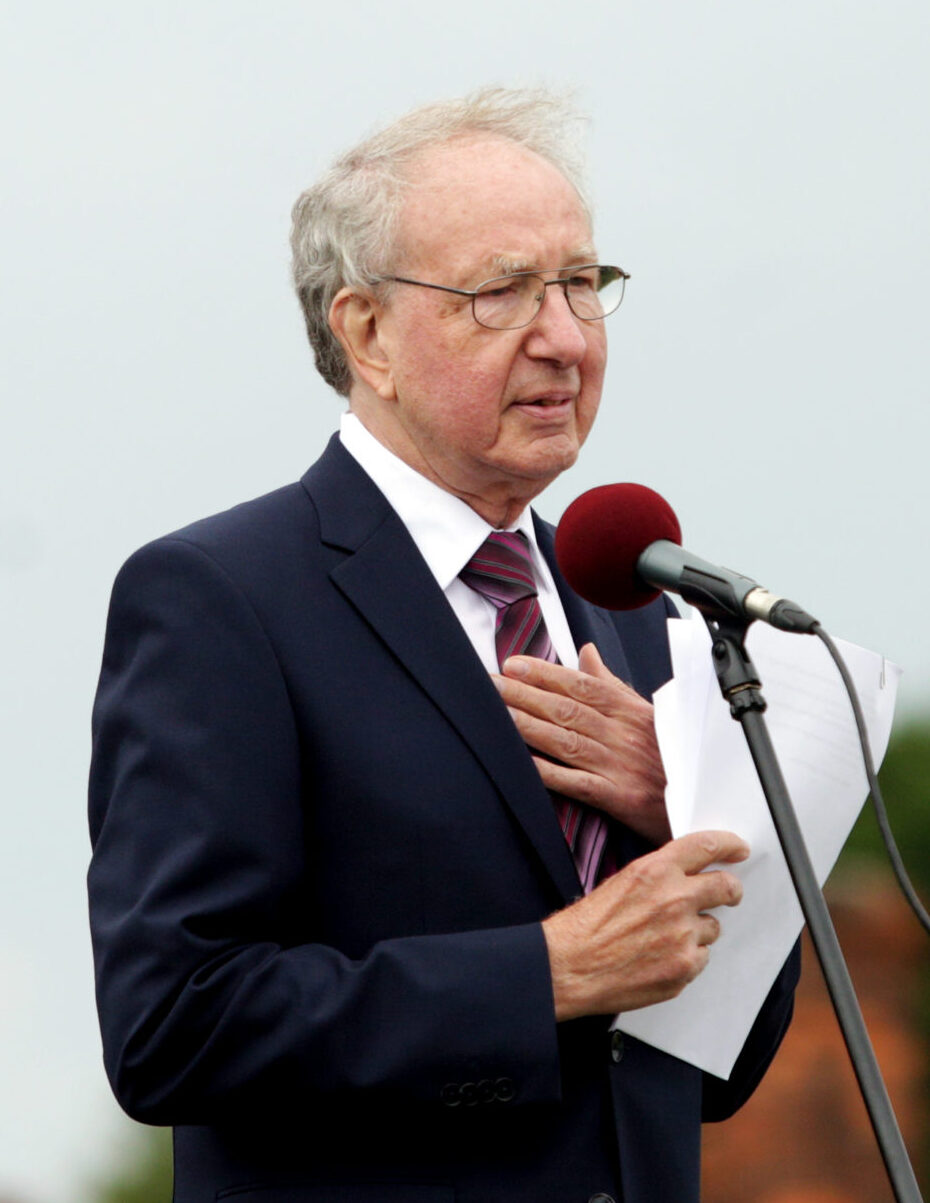
Werner Friedrich
Holocaust survivor
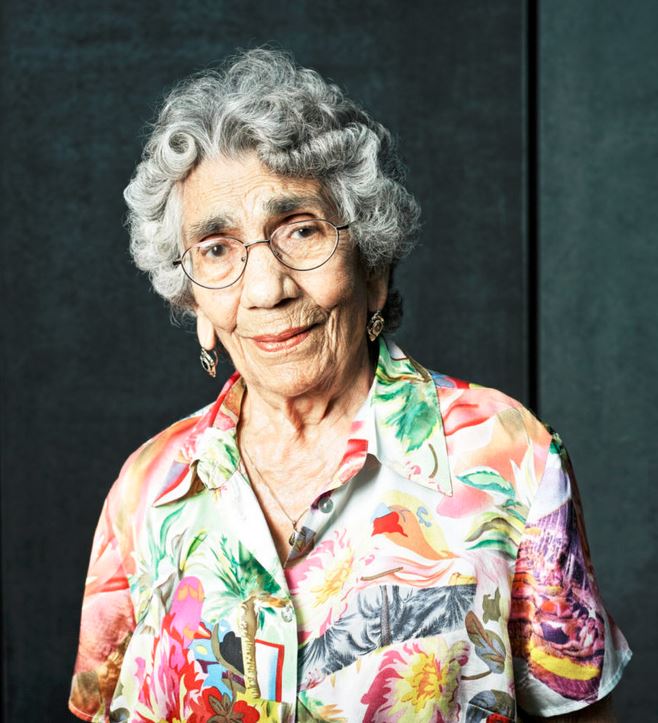
Zilli Schmidt
Holocaust survivor
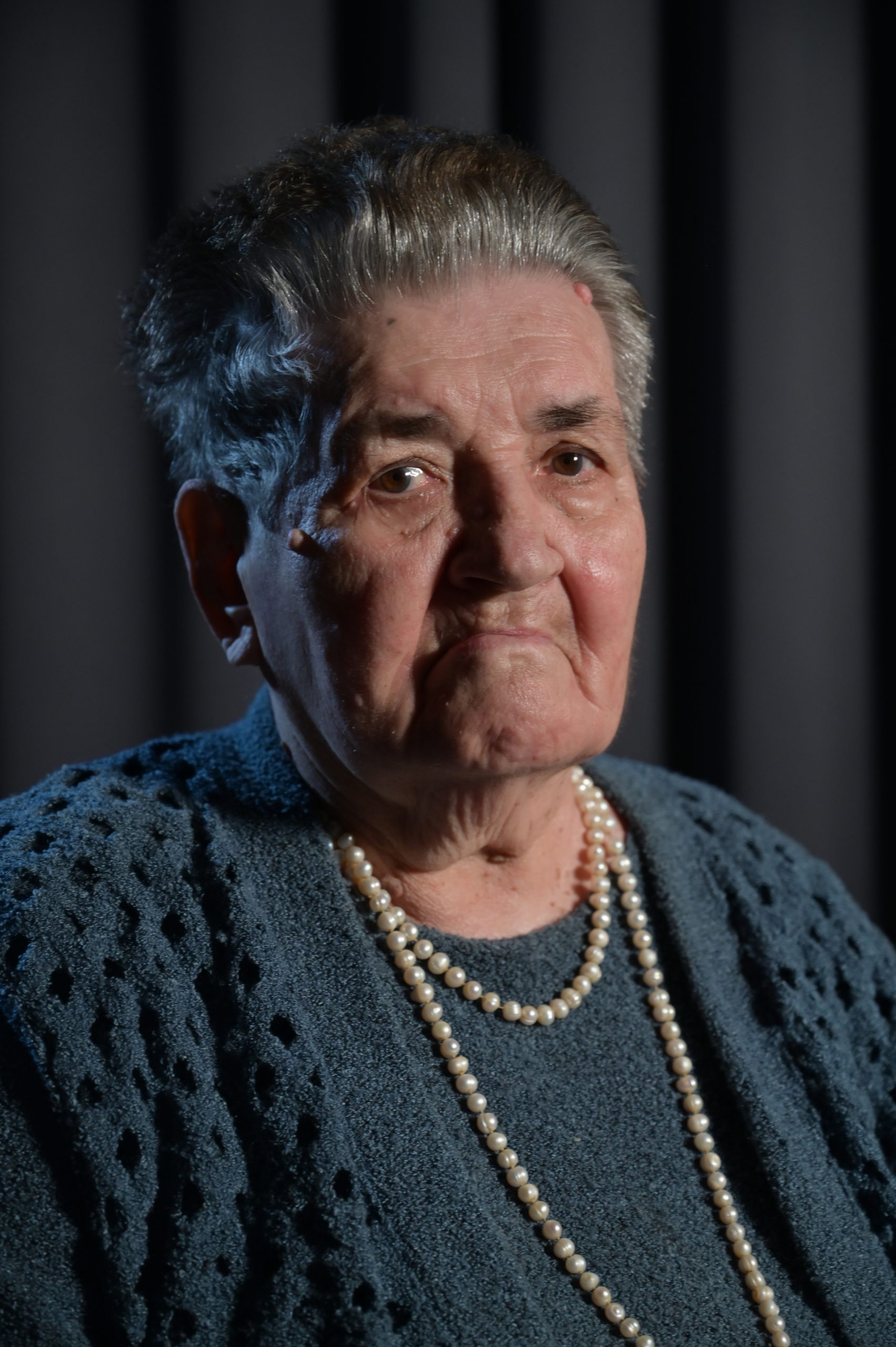
Krystyna Gil
Holocaust survivor
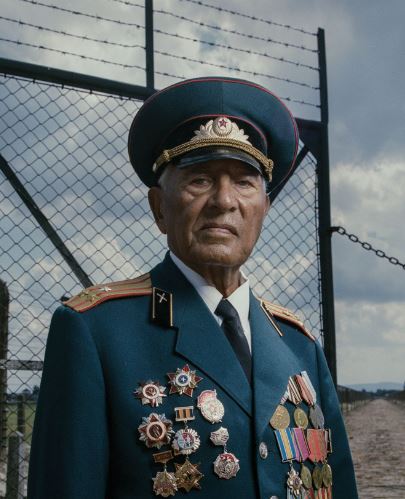
Ivan Bilashchenko
Holocaust survivor and former soldier of the Red Army
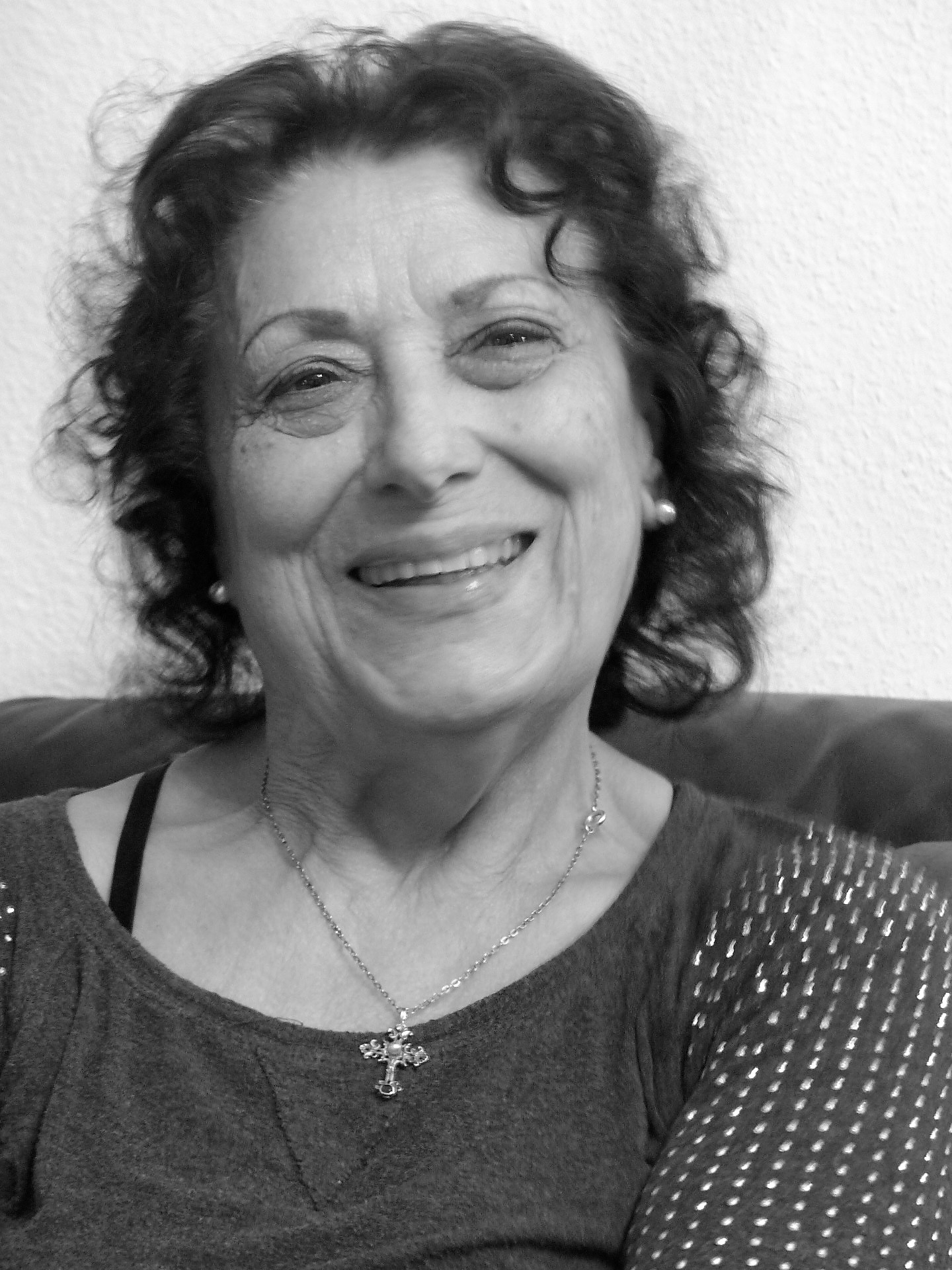
Rita Prigmore
Holocaust survivor










